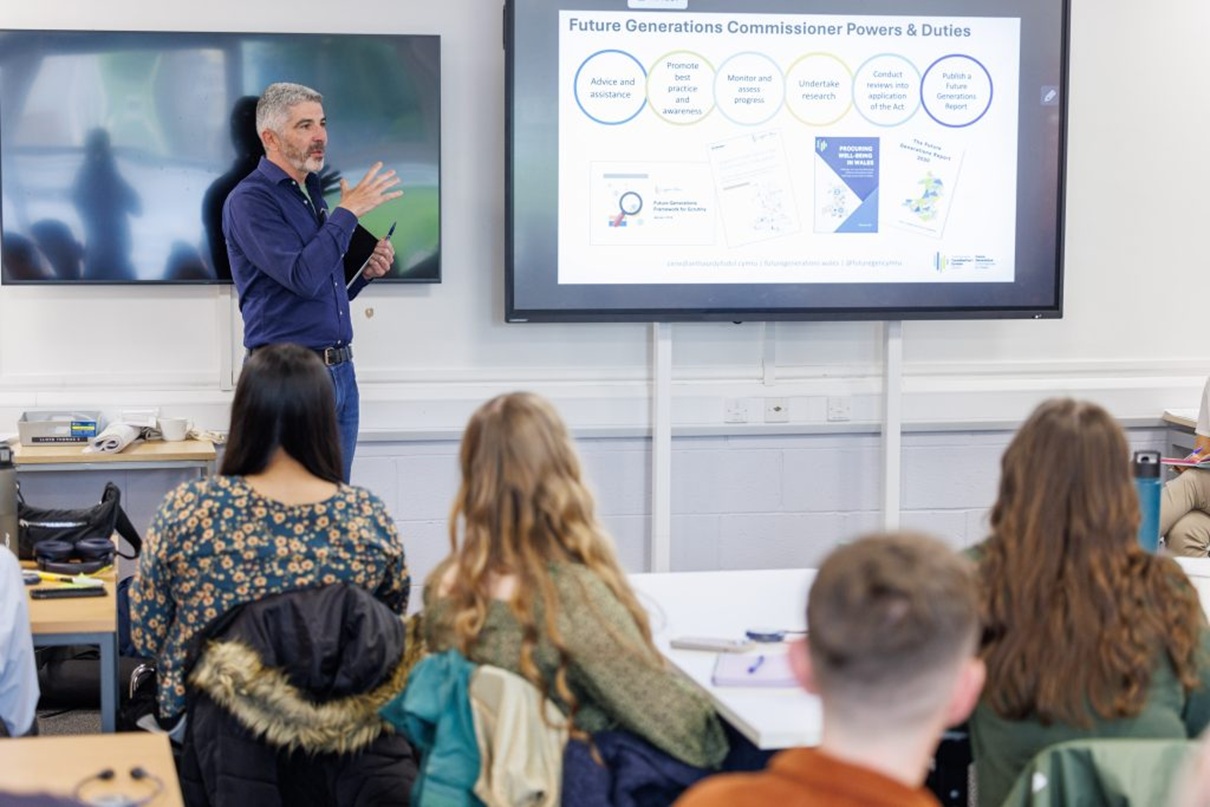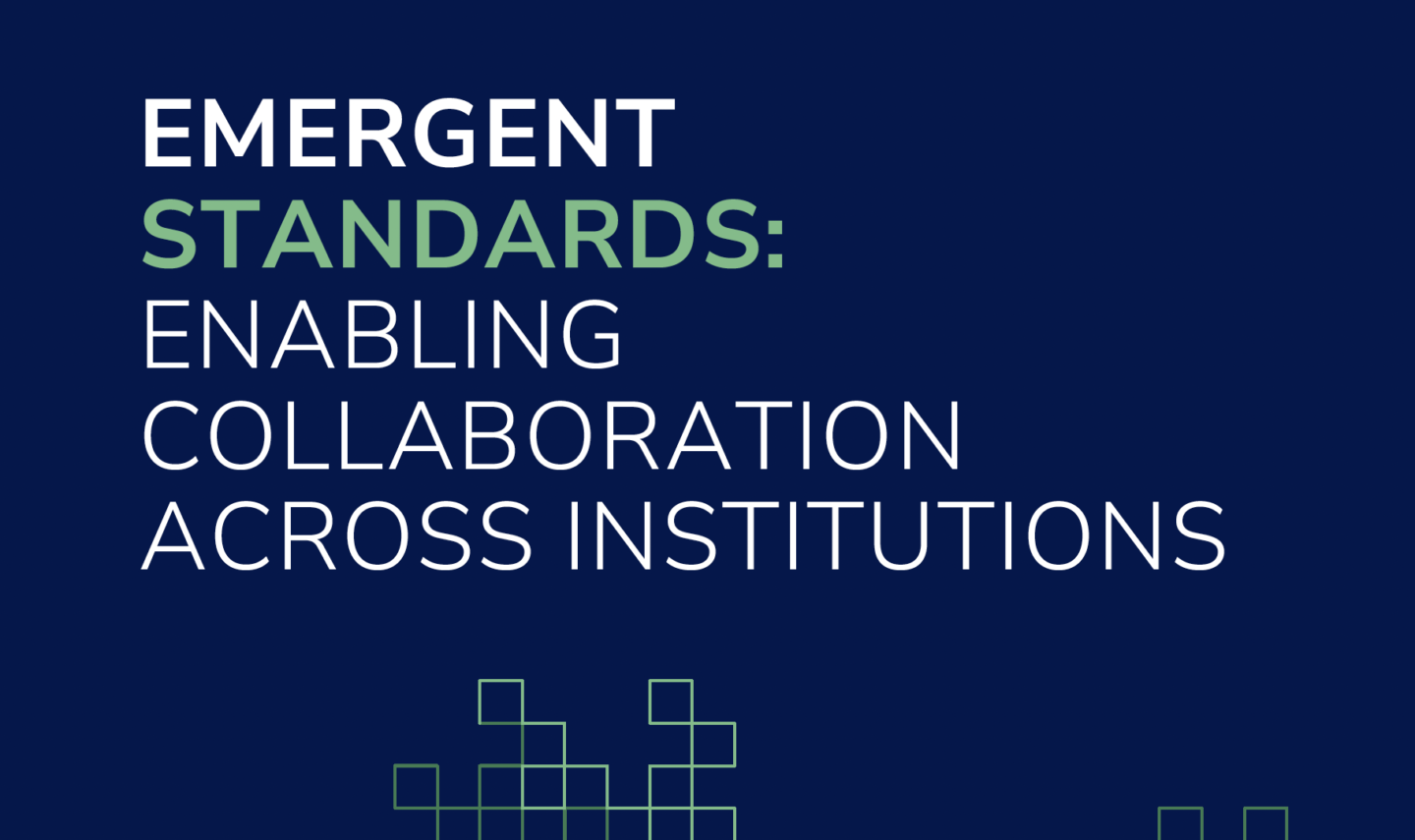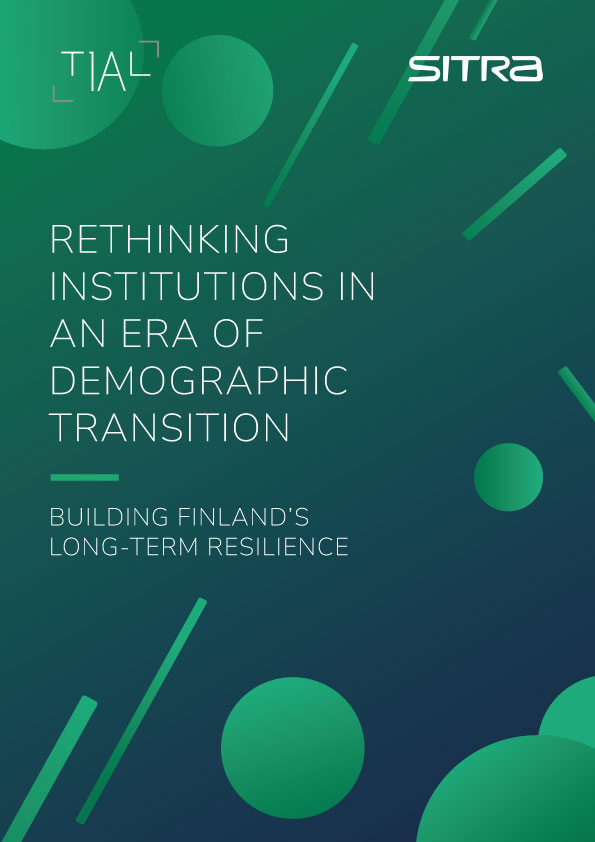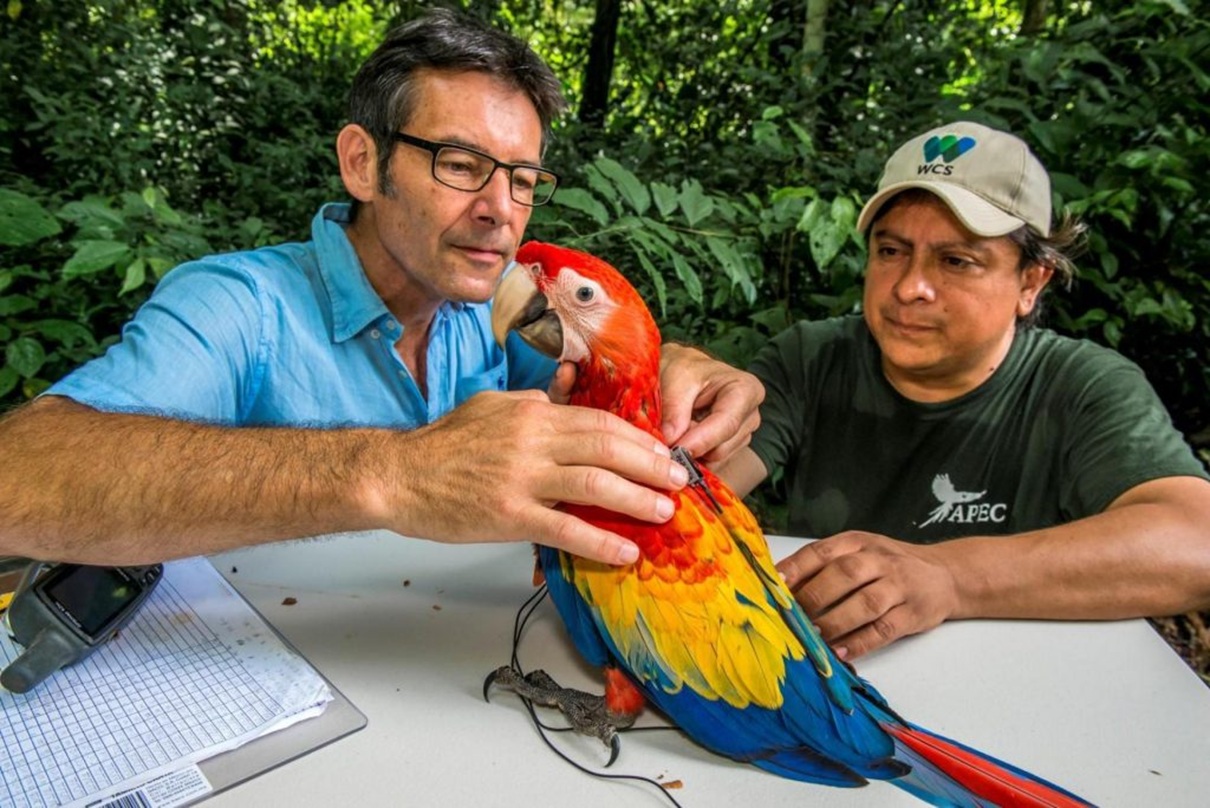The democratic blind spot
In 2014, the Welsh Parliament confronted a fundamental governance challenge: “Who speaks for the future?” This question emerged as Wales, newly empowered through devolution from the United Kingdom, recognized that while democratic systems address immediate concerns of current voters, they systematically neglect those not yet born. This institutional blind spot was visible in decisions about infrastructure, environment, and fiscal policy where short-term political incentives repeatedly trumped long-term planning.
From sustainability struggle to institutional innovation
Wales had previously attempted to embed sustainable development principles into its governance. However, these efforts consistently faltered as economic pressures, electoral cycles, and immediate crises pushed long-term considerations to the margins of decision-making.
The breakthrough came through “The Wales We Want” – a national conversation engaging thousands of citizens about their country’s future. This process revealed strong public support for embedding long-term thinking in governance while highlighting the institutional barriers preventing this in practice.
The result was the Well-being of Future Generations (Wales) Act 2015, which established the world’s first statutory Future Generations Commissioner – an independent office with powers to advocate for long-term thinking and hold public bodies accountable for considering future impacts, as enshrined in the Act.
Designing for the long-term
The Commissioner’s institutional design incorporated several key innovations:
- A seven-year fixed term (longer than the five-year electoral cycle), providing independence from political pressures
- Statutory powers to review policies and require information from public bodies
- A focus on capacity-building rather than just enforcement, creating collaborative institutional change
The Act’s scope is comprehensive, covering 48 public bodies in Wales that are required to apply the sustainable development principle in their operations. It also established Public Services Boards in each Local Authority area, which must assess local well-being, set objectives, and produce plans to improve economic, social, environmental, and cultural well-being in their communities.
Additionally, the Act empowers the Auditor General to examine the extent to which public bodies have applied the sustainable development principle when setting and pursuing well-being objectives, creating multiple layers of accountability for long-term thinking.
These design elements addressed a core challenge: how to create legitimate representation for interests that cannot vote, lobby, or protest in traditional democratic processes.
Overcoming implementation hurdles
The first Commissioner, appointed in 2016, faced significant implementation challenges. Public bodies struggled to practically incorporate future generations’ interests into decisions. Limited resources constrained the office’s engagement capabilities, and measuring progress toward inherently long-term goals proved difficult.
Despite these obstacles, the impact was meaningful. Major infrastructure decisions now explicitly consider long-term well-being impacts. Public bodies developed new decision-making frameworks incorporating the “five ways of working” required by the Act: long-term thinking, prevention, integration, collaboration, and involvement.
Most importantly, the Welsh model demonstrated that institutionalizing long-term thinking was both possible and practical. Rather than remaining abstract, future generations’ interests became operational considerations embedded in governance processes.
A model spreading across nations
The Welsh innovation quickly inspired and guided similar institutional developments in other countries and regions – for example, in 2021 Gibraltar created a Sustainable Development and Future Generations Commissioner modelled on the Welsh approach, and in 2023 Scotland committed to a ‘Well-being and Sustainable Development’ Bill.
European policymakers also took notice of the Welsh experiment. Initial engagement came through knowledge exchange and policy learning. European research networks studied the Welsh approach, identifying transferable elements suitable for the EU’s more complex governance context.
Initially the EU developed a networked approach to representing future generations, introducing measures such as:
- Establishing a Strategic Foresight Network connecting capabilities across EU institutions
- Incorporating the “do no significant harm” principle in the European Green Deal
- Strengthening impact assessment requirements to consider intergenerational implications
The culmination came in late 2024 with the appointment of the EU’s first Commissioner for Intergenerational Fairness, Youth, Culture and Sport – a role operating within the existing European Commission structure with a mandate to ensure long-term considerations are integrated across all policy domains.
These roles have also been instrumental in advancing global recognition of future generations’ interests on a wider global stage, helping secure the UN Pact for the Future and Declaration on Future Generations in 2024, with the UN Secretary-General set to appoint a UN Envoy for Future Generations in 2025.
Effective elements across different scales
Successful models for representing future generations, whether in small nations or larger systems, share several core features:
- A statutory mandate that anchors institutions in law, providing continuity across political cycles
- Independent offices with the power to review decisions and request information
- Capacity-building programs that support decision-makers in embedding long-term thinking
- Evidence-based methodologies for assessing future impacts
- Inclusive engagement processes bringing together government, civil society, and the private sector
These elements show that both formal authority and collaborative approaches are critical to making future generations’ interests an operational part of governance.
From innovation to standard practice
The Welsh and EU experiences illustrate how innovative institutions can address the challenge of representing future generations. While neither model is flawless, both demonstrate that thoughtful institutional design can counterbalance political short-termism. The key lessons emerging from these cases include the importance of adapting institutional forms to fit local governance contexts, balancing formal authority with softer capacity-building efforts, and providing practical tools for policymakers.
Perhaps most importantly, these cases show that representing future generations isn’t merely an aspirational goal but a practical possibility through purposeful institutional design.
At UNDP Istanbul Innovation Days
How can we design institutions that effectively represent future generations while working within existing governance systems? What can we learn from the Welsh and European experiences in embedding long-term thinking?
At IID, we invited participants to explore how institutional innovation can overcome the short-termism inherent in traditional governance. As the Welsh and EU models demonstrate, purposeful institutional design can create legitimate mechanisms for considering future impacts in present decisions, ensuring that today’s actions preserve and enhance possibilities for generations to come.
Photo source FutureGenerations.wales
Reimagining public institutions: reflections from Istanbul, Berlin, and Brasília
TIAL’s purpose is to highlight the role of institutions, and their underlying architecture, in creating…







